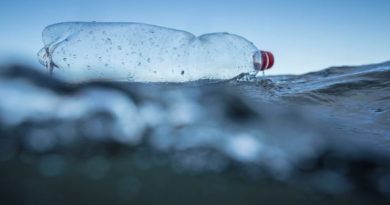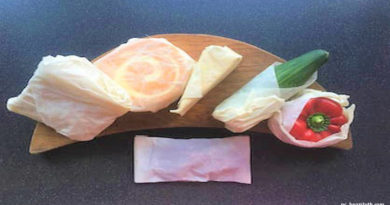Beauty and the microbead. A nightmare to wake out of
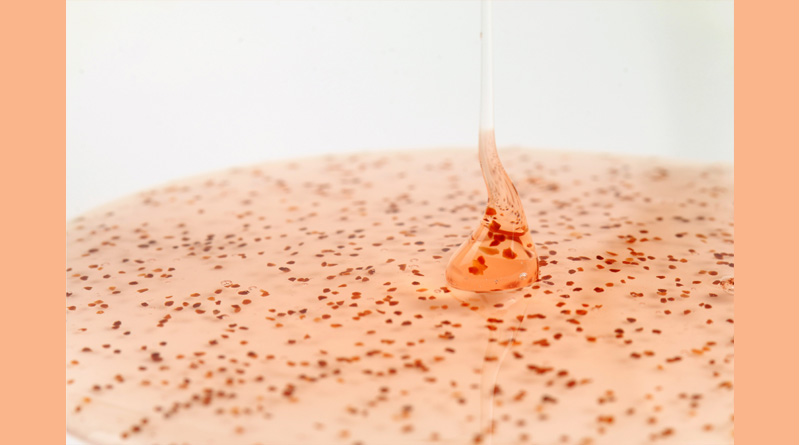
Actually, What are microbeads?
Microplastics are synthetic or semi-synthetic solid, water-insoluble, high polymer plastic particles that are lower than 5mm in size. These tiny particles of plastic are used in a range of everyday products, especially beauty products, and their small size allows them to pass through water treatment plants undetected. Microplastics are a major cause of freshwater pollution. It is estimated that an average of 1.5 million tons of microplastics is released in the oceans annually and currently over 51 trillion microplastic particles are present in our oceans. Numbers so large that they seem to have numbed users to any reaction to the damage these do.
“According to one estimate, 99 percent of all seabirds will have ingested plastic by mid-century,” said Petter Malvik, UN Environment Programme’s Communications Officer.
Microplastics are often used in body care products ranging from body washes & face scrubs to body lotions, the industry calls them “microbeads” as they are mostly spherical in shape and range between 1 micron to 1 mm in size. Used in the name of exfoliation, one tube of face wash can contain over 330,000 microbeads.
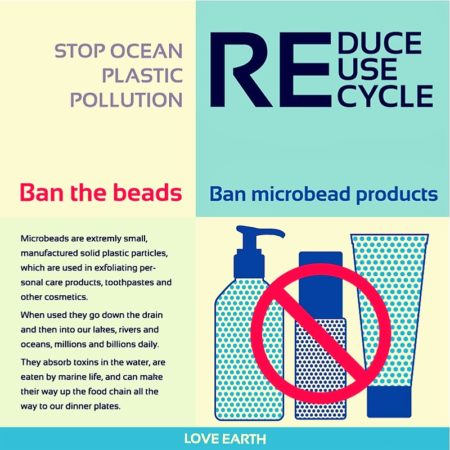
Microbeads have been a subject of protests for environmentalists all around the world. The United States of America banned the production of microbeads from July 2017 under the Microbeads-Free Water Act of 2015, moreover, the country plans to ban the sale of items containing them by July 2018. Canada and the UK have also banned the production of microbeads and are planning to ban the sales of items containing them by the end of 2018. New-Zealand and Australia have also proposed to phase out items containing microbeads. Netherlands, Austria, Luxembourg, Belgium and Sweden are also in the works of banning items containing microbeads.
India and its stance on microbeads
In India, last year the Bureau of Indian Standards (BIS) informed the National Green Tribunal (NGT), about its classification of microbeads as “unsafe” for use in cosmetic products. The submission came as a response to a plea filed by Delhi-based lawyer Ashwini Kumar, who wanted a complete ban on microbeads in India. Even though it’s a step taken in the right direction, India still has no legal framework in place for the restrictive use of microplastics or microbeads.
A study conducted earlier this year by Toxic Logic titled “Eco Personal Care Product, Microplastics in Cosmetics” investigated the presence of microbeads in personal care & cosmetic products(PCCP) available and sold in India. The study conducted tests on 18 PCCPs out of which 16 were of major consumer brands. As per the study 28% of all the tested products contained microplatics. Moreover, 50% of the facewash products and 67% of the facial scrubs were found to contain microplastics. The predominating microplastics detected in the product samples were found to be polyethene.
The study points out the fact that microbeads evade filtration systems of water treatment or sewage plants (as stated before). It also points out the presence of these particles in “packaged water” in metropolitan cities like Delhi, Mumbai & Chennai.
Microplastics have been found in the stomach of fishes across Japan and other South-East Asian countries, however in India currently there is no scientific data available on the prevalence of microplastics in its waters. In an ongoing study, the National Institute of Oceanography (NIO) along with Japan’s Tokyo University of Agriculture & Technology (TUAT) are trying to determine the amount of microplastics present in India’s water bodies.
“Each time we eat fish; we may eat plastic. Our studies have confirmed the presence of microplastics in the stomachs of fish and it could go into the body of a human being who consumes it (fish),” said Prof Hideshige Takada, the head of the laboratory of organic geochemistry at TUAT.
Takada’s team earlier conducted a similar research at Tokyo where his team found that nearly 80% of fish contained microplastics in them. The results matched with studies conducted in Indonesia and China.
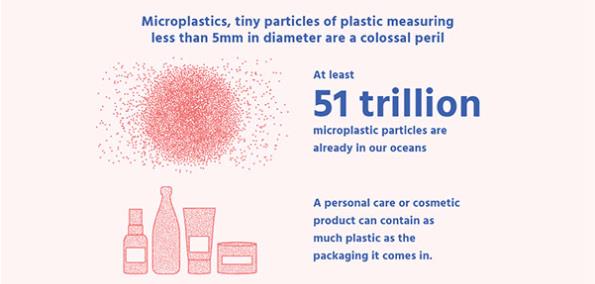
(Source: https://www.un.org)
With developed countries adopting bans on microbeads or are in the process of phasing them out, is it wise for India to just term microbeads as unsafe? India’s water treatment system is already poor; the added load of microbeads would just add to the lack of clean water available in the country. It is clear that the country doesn’t need “steps taken in the right direction” rather it needs tighter environmental laws and better enforcement of the existing ones.
An alternative to these products
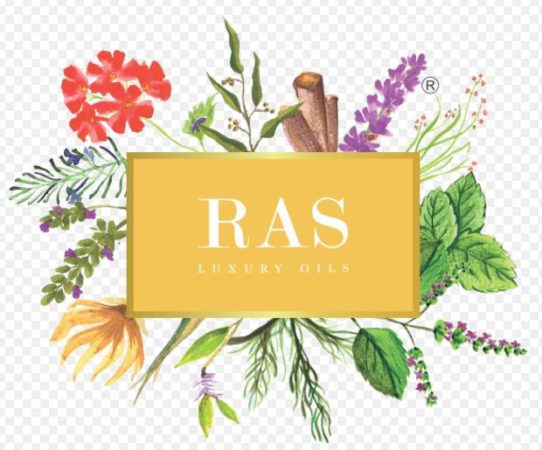
Researchers around the world have long been advocating going green when it comes to cosmetics and rely on age old remedies like essential oils, etc. These products not only have better “beauty benefits” in terms of our health but are better for the environment as they comprise of organic ingredients, which leave no adverse effects on the Earth after their usage.
One such company which indulges in the creation of eco-friendly and organically sourced cosmetics is RAS luxury oils (pronounced as ‘ruh-us’), the Sanskrit word for “essence” and “happiness”.
RAS Luxury Oils offers the highest quality of enriched skincare products such as face oils, body oils and body polishes with “only” 100% natural, plant-based ingredients, cruelty-free, chemical/preservative free essential oils (manufactured in our own distillery or sourced from trusted manufacturers in India & abroad).
“We have a completely vertically integrated process from cultivation and oil extraction to handcrafting blends made in small batches in our own DSIR-approved lab and bottling after multiple quality checks, moreover we are the first ‘Farm to Finish’ venture in India, which gives us maximum control over the quality and efficacy of our products,” says Shubhika Jain, Co-Founder of RAS in statement provided to us.
When asked about microbeads and its blatant usage in India, Shubhika agreed that microbeads are topic that needs to discussed and how we’re essentially in the dark when it comes to the benefits of natural, organic products.
“The main challenge in the natural and organic wellness industry is educating customers about the benefits of using 100 percent natural products. Just how what you eat affects you; similarly, what you apply to your body is absorbed and slowly starts accumulating in tissues,” says Shubhika.
RAS luxury oil was founded by Shubhika and her mother Sangeeta and is situated in Raipur, Chhattisgarh. They recently won the Best Spa Product Natural Line at the 11th Asia Spa Awards, 2017 and have around 25 products under their belt already, ranging from massage oils to face & body scrubs. RAS products are sold in leading hotels and salons in Mumbai, Bengaluru, Hyderabad and Kochi. Alternatively, you can order them online on rasluxuryoils.com, nykaa.com or amazon.in.
(Source: https://www.boogiefamily.com/microplastics-salt-eat/)
![]()

